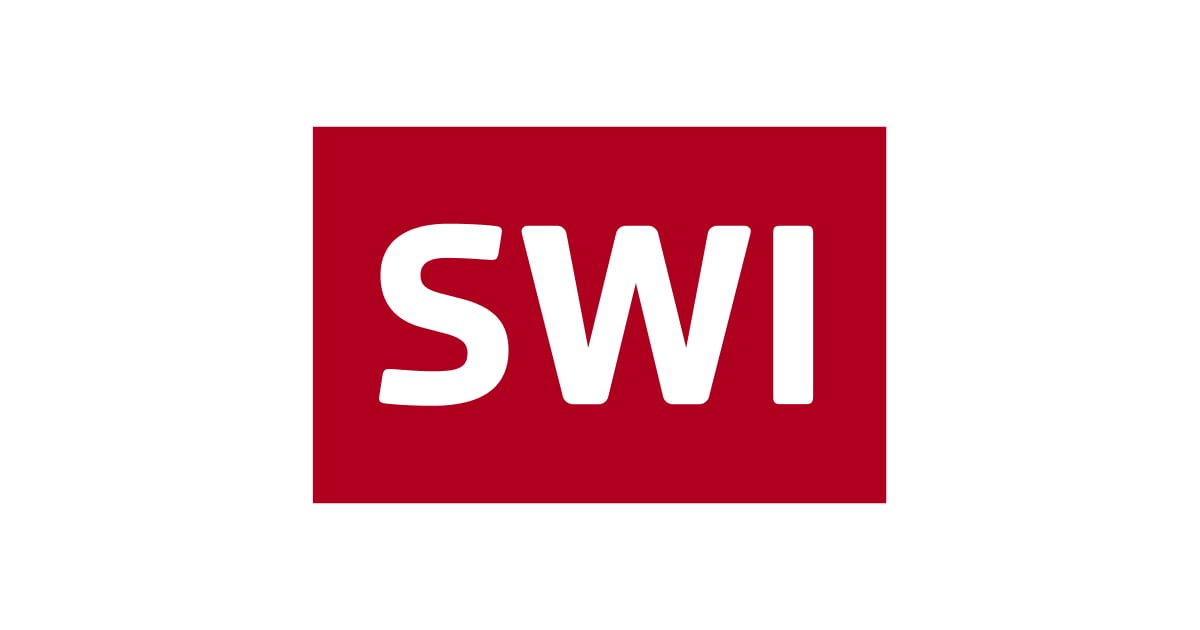Swiss firms a magnet for top foreign executives

The foreign legion of managers and executives in Switzerland has been praised for driving forward the economy but also derided as another example of outside forces diluting Swiss values.
Within the next couple of years, about one in every two top managers in Swiss companies is expected to hail from overseas – a situation that has led to a growing backlash against the influence of foreigners.
A report by recruitment firm Guido Schilling estimates that 45 per cent of all executives currently at Swiss firms comes from abroad, and this will jump to 50 per cent by 2015.
Switzerland is no stranger to hiring foreign talent with such illustrious names as the German Henri Nestlé and Lebanese immigrant Nicolas Hayek (Swatch) hailed as having made enormous contributions to the economy.
The economic arguments behind filling so many top positions with foreigners also appears compelling.
With such a small domestic market, Swiss firms are forced to seek revenues and growth abroad to remain competitive. Entrance and expansion to new markets requires multinational knowledge and expertise.
In addition, the growth of Swiss companies abroad also generates jobs in Switzerland and many manufacturers complain that the local workforce cannot fill enough highly skilled new positions.
Backlash
The opening of borders to European Union workers, starting in 2002, has helped plug the shortfall, with Germans in particular arriving in their
thousands to take highly skilled work – including management positions.
“Swiss businesses are really open, if you bring the right skills and make some effort to adapt to the place you are working for then you will be accepted,” Jim Pulcrano, executive director at the Lausanne-based IMD business school, told swissinfo.ch.
“Most of the economic growth is not going to happen in Europe so filling management positions with multinational talent is going to position Switzerland well for the next era in business.”
But a growing backlash against the influence of foreigners in Switzerland shows that not everyone is happy to see German, French or British executives calling the shots at the corporate summit.
The complaint, stemming mainly from the right-wing Swiss People’s Party, springs from a broader discontent about the sheer numbers of foreigners living in Switzerland. Some 22 per cent of the population (and rising) do not hold a Swiss passport while rising immigration has been blamed for putting immense strain on transport and other infrastructure.
Recent grumbles have centered on the new set of highly skilled immigrants, especially Germans, taking prime medical, legal and engineering jobs.
Foreigners blamed
Just before the financial crisis, fears were raised about top Swiss companies being swallowed up by foreign opportunists. The sale of Swiss International Air Lines to Germany’s Lufthansa group was complemented by the takeover of Sulzer and Oerlikon by Russian billionaire Viktor Vekselberg.
The problems at UBS and Credit Suisse during the crisis were also blamed in some quarters on the invasion of an Anglo-Saxon culture at Switzerland’s two biggest banks.
The finger of blame was also pointed at insensitive foreign managers when pharmaceutical company Novartis announced 1,000 jobs cuts at the end of 2011 (later rescinded) and the German owners of Serono said this year that the biotech firm will cease Swiss production.
“There is a danger that foreign managers can be too internationally oriented and lose touch with the local culture of Swiss companies,” Swiss Trade Union Federation spokesman Ewald Ackermann told swissinfo.ch.
“We have already seen examples of the problems this can bring through rationalisation programmes inflicted on Switzerland.”
But overseas managers need not necessarily erode the traditional values of Swiss companies or ride roughshod over the local workforce, according to IMD’s Jim Pulcrano.
SMEs look abroad
“It does not necessarily follow that foreign executives will shift a Swiss company 180 degrees off its base,” he told swissinfo.ch. “It may be more case of hiring someone who is more open to doing business in the growth areas of Asia or South America.”
“Companies are open but they will not just hire anybody. Executives coming to work in a Swiss company should have the right characteristics to integrate.”
Overseas executives are most commonly found in Swiss-based multinational companies – 66 per cent of all managers in blue chip stock market listed firms are foreign according to the Guido Schilling report.
But Schilling also believes that many export oriented small and medium sized enterprises (SMEs) in Switzerland are also on the lookout for international talent.
Thierry Volery, head of the SME Institute at the University of St Gallen, agrees that more SMEs are starting to hire abroad.
“These smaller companies are quite pragmatic, innovative and opportunistic,” he told swissinfo.ch. “As companies expand their foreign presence they find the need for more managers with the right know-how and networking competencies.”
“Some SMEs may hire foreign executives, but they do not come cheap,” Volery added. “For other firms a more cost effective alternative would be to outsource production abroad.”
Foreign executives are increasingly drawn to Switzerland, lured by high living standards and the international reputation of the Swiss corporate brand.
Export oriented Swiss companies are also on the lookout for the best international talent as they expand into new markets and to make up for shortages of highly skilled recruits in the local workforce.
Recruitment firm Guido Schilling compiles an annual report of company hiring habits drawn from a representational survey of the largest 116 Swiss firms.
The 2012 report found that 45 per cent of all top executives in Swiss firms were foreign.
This proportion has risen from 36% in 2006 – the first time the report was conducted – but has remained largely unchanged for the last three years.
The proportion of foreign chief executives, however, has risen from 32% in 2007 to the current tally of 43%.
The share of foreign managers rises with the size of the company. Top blue chip stock market index listed firms hire 66% of their managers from abroad.
In the boardroom, some 34% of positions are filled by foreigners – 57% in SMI listed firms.
Germans by far make up the largest group of foreign managers and board members, followed by Americans and British.

In compliance with the JTI standards
More: SWI swissinfo.ch certified by the Journalism Trust Initiative













You can find an overview of ongoing debates with our journalists here . Please join us!
If you want to start a conversation about a topic raised in this article or want to report factual errors, email us at english@swissinfo.ch.